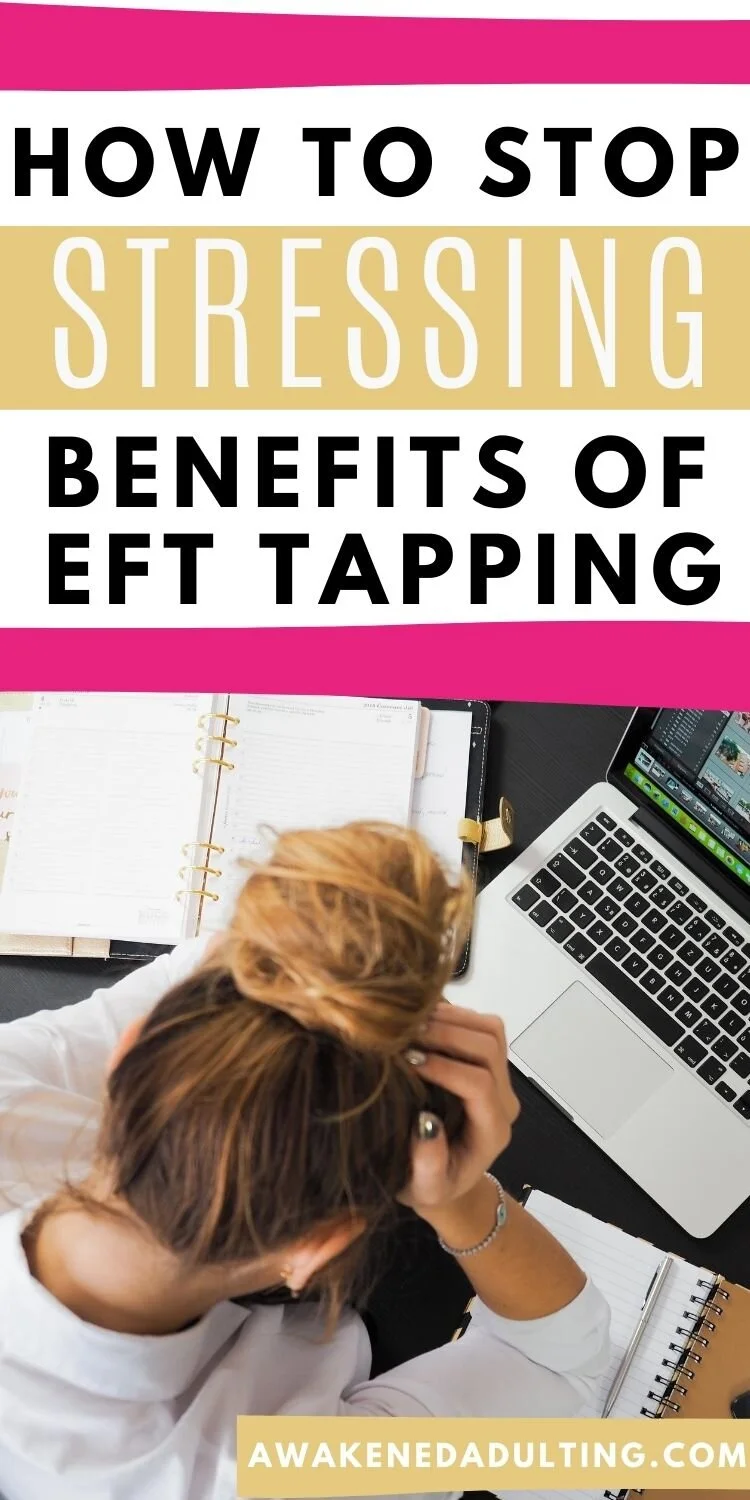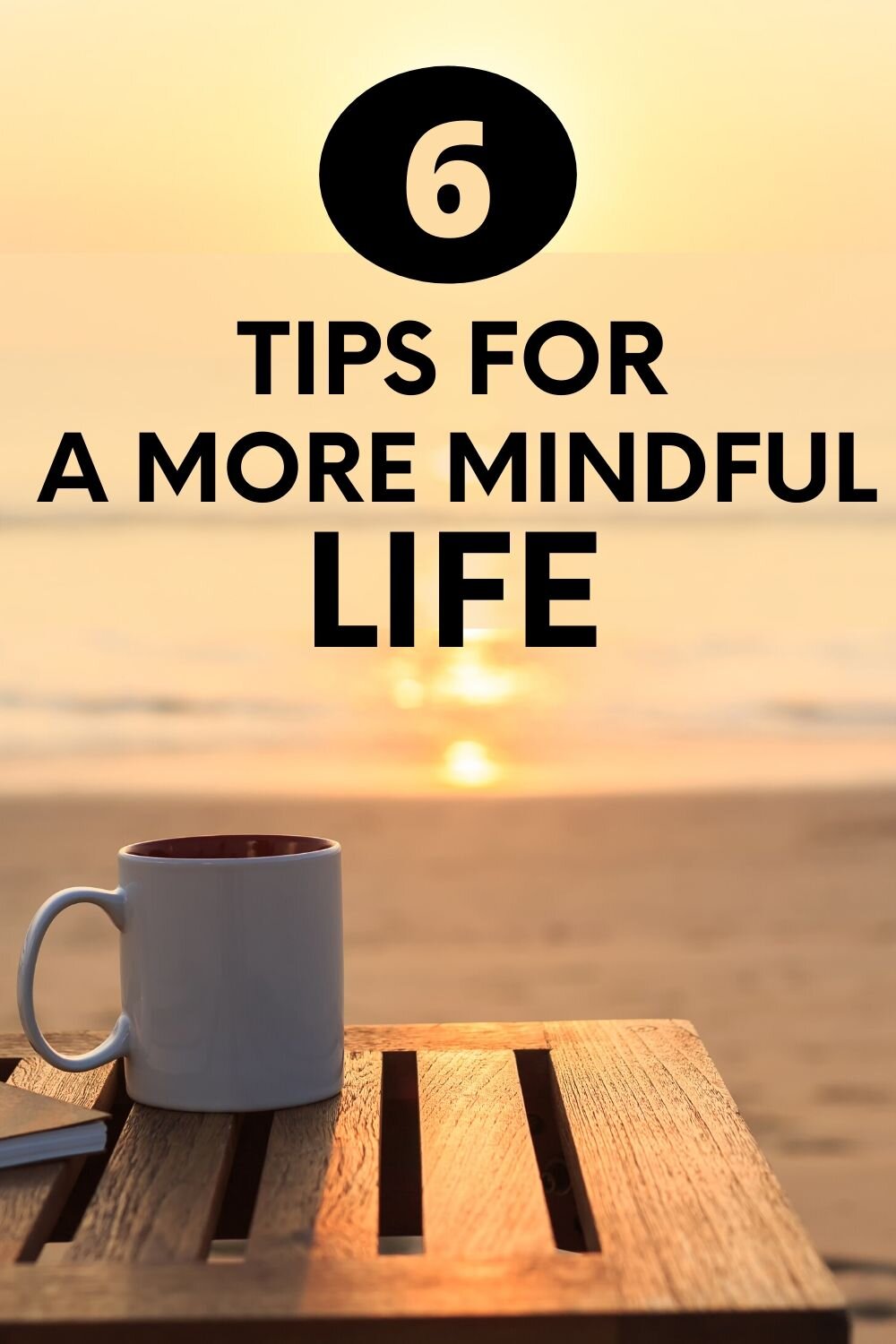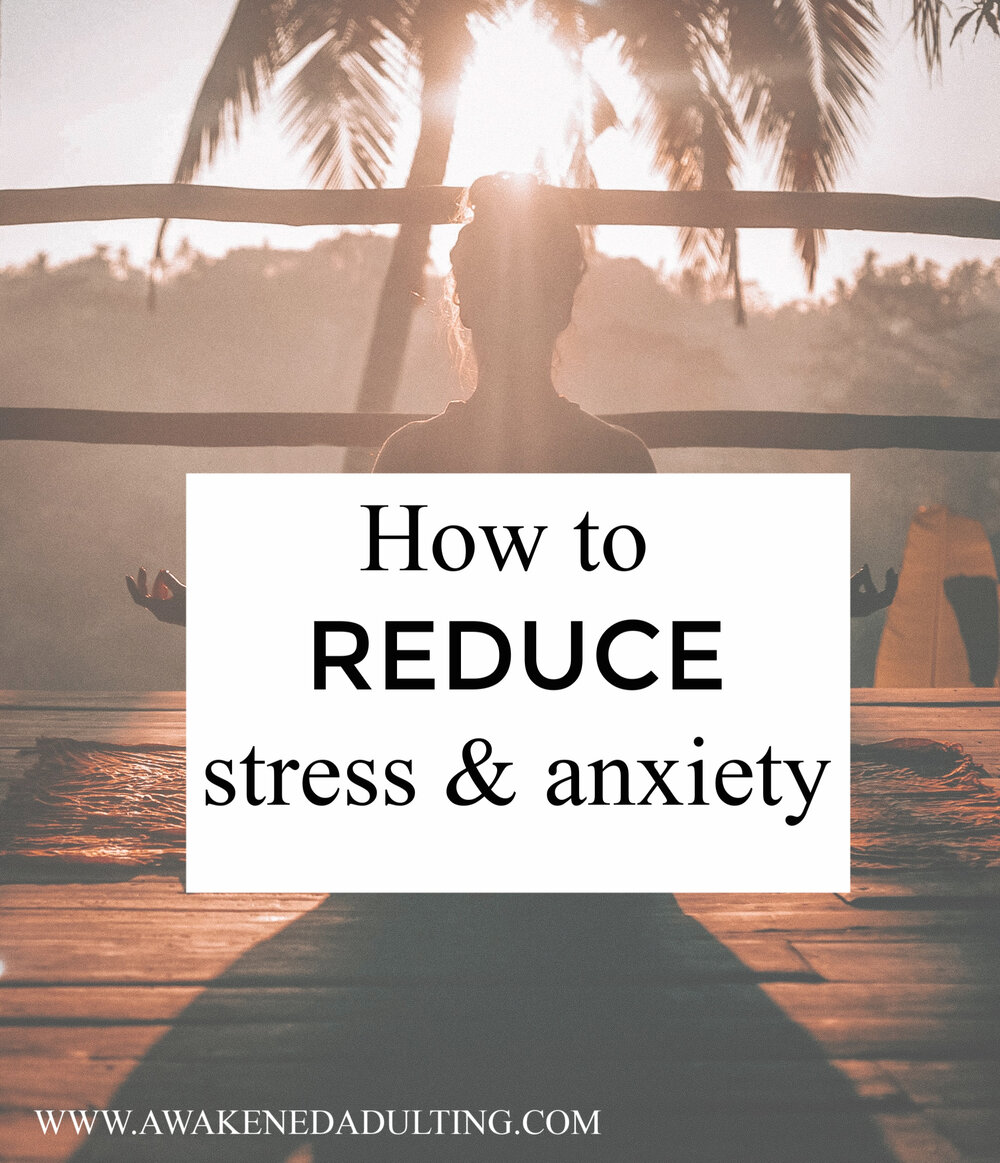This post contains affiliate links and I may earn a commission on qualifying purchases at no extra cost to you. Thank you.
I recently began a new meditation technique called tapping, also known as EFT (emotional freedom technique).
I started this practice because I came across a book called The Tapping Solution for Manifesting Your Greatest Self in a list of book recommendations.
I only tried tapping one other time in a yoga class, so I was completely unfamiliar with the technique and its benefits.
After trying the practice for a few months and doing more research, I am convinced tapping is an incredibly powerful tool we can implement for reducing stress, healing the body, and working through our emotional baggage.
Studies show that EFT can rapidly reduce the emotional impact of memories and incidents that trigger physical and psychological distress.
EFT tapping is an alternative treatment for dealing with emotional and physical conditions.
Research indicates that it may be useful for treating anxiety, depression, PTSD, and other issues that contribute to unhappiness and health issues.
Let’s look at what EFT is, how it works, and the research behind it.
How does EFT work?
The EFT practice consists of lightly tapping on specific meridian points along the body while talking yourself through different emotions or troubling situations.
There are nine specific meridian points used in EFT:
karate chop point
eyebrow
temple
under-eye bone
under the nose
under the mouth
collarbone
under the arm
top of the head
The basic technique requires you to focus on the negative emotion at hand while using your fingertips to tap 5-7 times on each of the body's meridian points.
As you tap through the emotions, you verbally express your thoughts and feelings around the issue.
Repeating the sequence multiple times until the negative feelings associated with the problem begin to subside.
Throughout the entire tapping sequence, you continue focusing on the anxiety, unresolved problem, or thing that's causing the unwanted negative emotions.
By accessing these energy channels while processing the thoughts and feelings, tapping gets to the root cause of stress faster than other stress-relieving modalities.
How does EFT alleviate stress, anxiety, and unwanted emotions?
According to its developer, Gary Craig, a disruption in energy causes all negative emotions and pain.
EFT operates on the premise that if your life needs improvement, unresolved emotional issues need to be addressed.
The tapping technique allows the mind and body to work through the painful emotions and release the negative feelings associated with them.
Ultimately, the more unresolved emotional issues you can clear, the more peace and emotional freedom you will experience in your life.
When done correctly, tapping appears to balance disturbances in the meridian system and thus often reduces the conventional therapy procedures from months or years down to minutes or hours.
The necessary tapping process is easy to learn, can be done anywhere, and can provide impressive do-it-yourself results.
What are meridian points, and why are they important?
Thousands of years ago, the Chinese discovered a complex system of energy circuits throughout the body.
These energy circuits or meridians are the epicenters of Eastern health practices.
They form the basis for modern-day acupuncture, acupressure, and a wide variety of other healing modalities.
As Nick Ortner writes in his book The Tapping Solution for Manifesting Your Greatest Self:
"Research has also shown that acupuncture increases endorphin levels in the body. Since tapping engages acupuncture points, tapping, like acupuncture, allows the body to release the endorphins that then reinforce positive feelings, as well as physical and emotional well-being."
Why is this important for our health?
Our energy flow affects everything from how we think to how we feel.
Blockages in our energy can lead to a lack of energy supply to certain areas of the body or a surplus of energy in other areas.
When the body's energy becomes blocked, various imbalances will occur as a result.
These blockages will eventually manifest as illness, disease, or emotional disturbances in the mind.
Meridian lines connect the surface of the body with the internal organs.
As long as Qi (energy) can flow through these energy channels in balance, disease can be averted.
When performed correctly, tapping is found to restore the body's energy balance.
These energy signals in the brain can be measured, which is proof that tapping does indeed work.
When we release the energy blocks in our mind and body, we activate the body's natural healing abilities.
While I am still new to the EFT practice, I am a huge proponent for anything that involves healing the mind and body without the intervention of pharmaceuticals.
You can learn more about tapping and how to perform this technique by watching the video below.
Please let me know if you have tried tapping before and whether or not this has been helpful.
Happy Tapping!













































